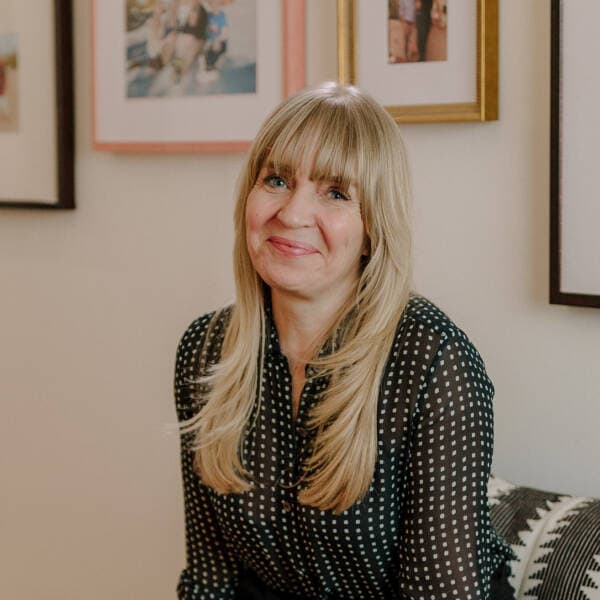Advertisement
Cog's Weekly Newsletter
The wedding is only the beginning

Editor's Note: This essay appeared in Cognoscenti's newsletter of ideas and opinions, delivered weekly on Sundays. To become a subscriber, sign up here.
I’ve been thinking a lot about love and marriage lately. My siblings and I are just starting to think about how we should celebrate our parents’ 60th wedding anniversary in November, and my husband and I celebrated our 29th anniversary late last month. In the past few weeks, I’ve edited two essays about love and marriage, and then my husband and I went to see writer and director Celine Song’s new romantic comedy, “Materialists.”
I didn’t know what to expect when I walked into the theater, but Song knew exactly what she wanted to accomplish with this film: to start important conversations. And while I didn’t love “Materialists” the way I loved her first film, “Past Lives,” a Best Picture nominee — I can’t deny that I’ve spent a lot of time talking about it. And now here I am writing about it. It may not be Oscar-worthy, but it’s something.
In the film, Dakota Johnson plays Lucy, a professional matchmaker in New York City. While Lucy claims her clients are looking for “a nursing-home partner and a grave buddy,” her clients present an endless list of physical and financial requirements that seem irrelevant to long-term care facilities and eternal resting places: a minimum salary and a maximum BMI, a guy who is at least 6’2” and a woman who is “more grown” (but somehow also no older than 28).
In a recent interview, Song said she highlighted these particulars — wealth, height, fitness, fertility — because society values them. According to this logic, if a person who possesses them desires you, then you are — by some sort of romantic version of the transitive property — also valuable. “He/She checks a lot of our boxes,” is a phrase Lucy repeats to her clients daily, encouraging them to keep an open mind, while charging a hefty $50,000 to move them closer to the ultimate goal: an engagement.
In 2024, the average engagement lasted 15 months. During that time, couples often talk about everything from bridesmaids dresses and centerpieces to first dances and seating arrangements. But, therapist Oona Metz, who wrote about divorce for us this week, says they should actually be talking about life’s logistics. Like children and home ownership, expectations around who’s in charge of the laundry and grocery shopping. In other words, to keep a long-term partnership on the rails, people should spend those 15 months doing less wedding planning and more marriage planning.
Advertisement
But Oona, who specializes in treating women navigating divorce, does agree with Song on one big issue: Being valued is an intrinsic human need. “My clients, and lots of women, want to be seen, they want their partner to acknowledge and value their labor — their often invisible, unpaid labor,” she told me.
Linda Button (who goes by “Button”) is all too familiar with that kind of labor. Post-divorce, she was a single mom for six years. She and her ex-husband ran a business together. But after their divorce, she shouldered the responsibility for everything alone — including the business and their two children. “After I finally extracted myself, my first goal was to have fun,” she explained. “And my first post-divorce dating experience was fabulous fun.” But eventually she realized that wasn’t enough. “I just needed someone who was kind and smart and a little adventurous. But, more than anything, kind,” And that’s how she wound up with Peter, a man who loves to take care of living things: his kids, his garden, his bees and Button.
Unlike Button, I wasn’t looking for anything in particular when I met my husband. I was, after all, only 20 years old. And, a few years later, when people started asking me if I wanted to spend the rest of my life with him, I was overwhelmed. Forever was an idea I couldn't wrap my head around.
But when I flipped the question — when I asked myself if I could spend the rest of my life without him — the answer was clear. Four months after that epiphany, we were married.
It’s all too easy to think of a wedding as the happy ending to a romance. (That’s certainly what Hollywood would have us believe.) But as anyone who has been married can tell you, the wedding isn’t where a couple’s story ends. It’s only the beginning, for better or for worse.
Follow Cognoscenti on Facebook and Instagram. And sign up for our weekly newsletter.

